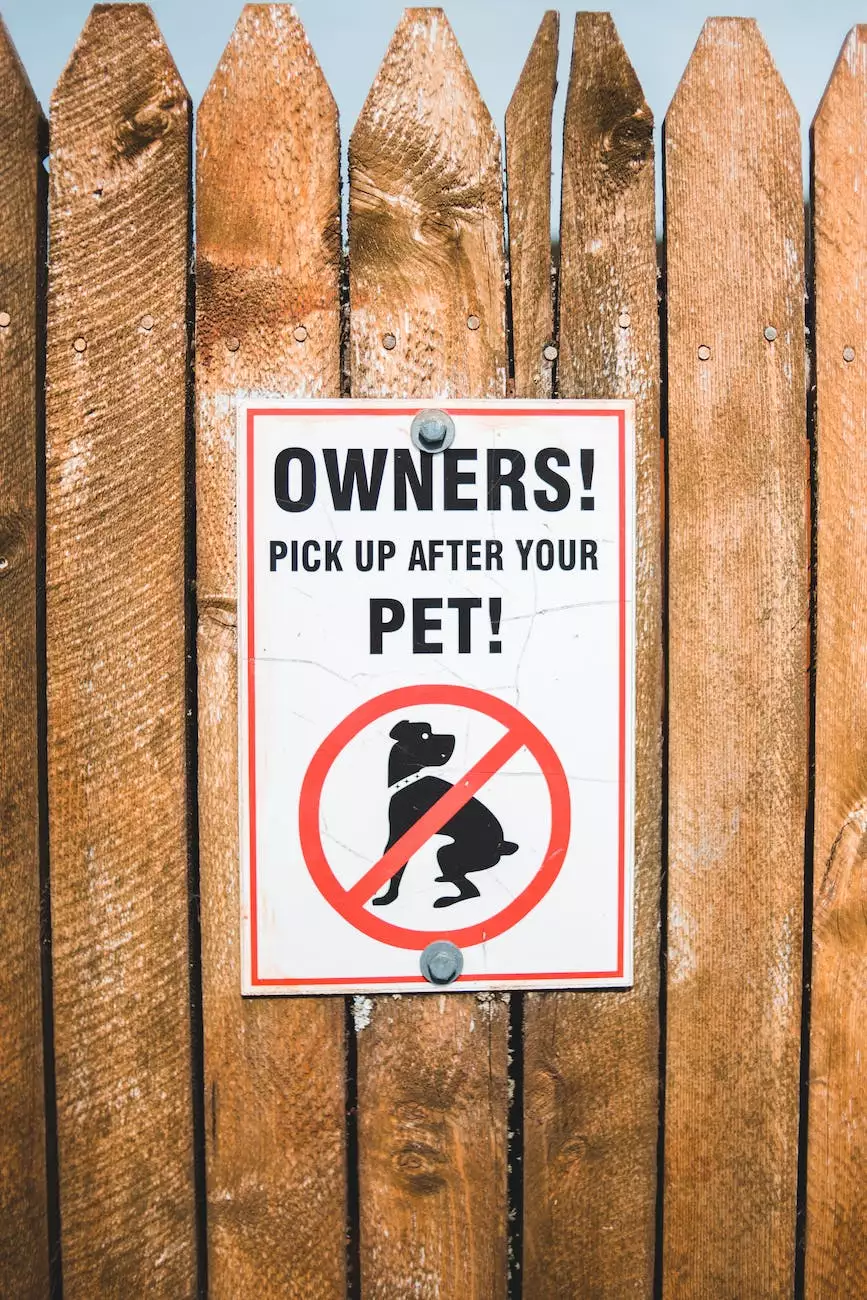How to Manage and Pay Off Debt When You're Unemployed
Financials & Reports
Introduction
Welcome to Social Service of America's comprehensive guide on how to manage and pay off debt when you're unemployed. We understand that unemployment can be a challenging period, and financial burdens often add to the stress. In this article, we will provide you with valuable insights, strategies, and resources to help you navigate through this difficult time and regain control of your financial future.
The Impact of Unemployment on Debt
Being unemployed can significantly impact your ability to manage and pay off debt. Loss of income makes it difficult to meet ongoing financial obligations and can lead to mounting debts. As a result, it's essential to proactively address your financial situation and take necessary steps to minimize the impact on your overall financial well-being.
Assessing Your Financial Situation
The first step in managing debt during unemployment is to assess your current financial situation. Analyze your income, expenses, and outstanding debts. This will give you a clear picture of your financial obligations and help you develop a realistic plan of action.
Creating a Budget
Creating a budget is crucial in times of unemployment. Identify your essential expenses, such as housing, utilities, and groceries, and prioritize them. Cut back on non-essential spending and find ways to reduce costs wherever possible. By adhering to a strict budget, you can allocate your limited funds more effectively towards debt repayment.
Exploring Debt Relief Options
- Debt Consolidation: Consider consolidating your debts into a single loan with lower interest rates. This can simplify your repayment process and reduce monthly payments.
- Debt Settlement: Negotiate with your creditors to settle debts for a reduced amount. This can help alleviate your financial burden, but it may impact your credit score.
- Debt Management Plans: Consult credit counseling agencies that specialize in debt management. They can help you negotiate lower interest rates and establish a realistic repayment plan.
- Bankruptcy: As a last resort, explore the option of filing for bankruptcy. This should only be considered after seeking professional advice, as it can have serious long-term consequences on your financial standing.
Seeking Financial Assistance Programs
When facing unemployment and debt, it's crucial to explore available financial assistance programs. Numerous organizations and government agencies provide support to individuals in need. Here are some resources you can consider:
Unemployment Benefits
Check if you are eligible for unemployment benefits in your state. These benefits can provide temporary financial assistance while you search for a new job. Apply through your local employment office and gather all necessary documentation.
Government Assistance Programs
Research government assistance programs that offer financial aid to unemployed individuals. Programs such as Supplemental Nutrition Assistance Program (SNAP), Temporary Assistance for Needy Families (TANF), and Medicaid can provide support with food, housing, and healthcare expenses.
Local Support Organizations
Reach out to local community organizations that provide support during times of unemployment. These organizations often offer resources, workshops, and financial counseling to help individuals manage their debt and regain financial stability.
Additional Strategies for Debt Management
Besides exploring financial assistance programs, there are several other strategies you can adopt to effectively manage and pay off debt when you're unemployed:
Communication with Creditors
Contact your creditors and explain your current situation. Many creditors have hardship programs or special repayment options for individuals facing financial difficulties. They may be willing to negotiate lower interest rates or modify your repayment terms temporarily.
Side Hustles and Gig Economy
Consider taking on part-time or freelance work to supplement your income. The gig economy offers various opportunities, such as ride-sharing, online freelancing, or delivering goods. Utilize your skills and available resources to generate additional income.
Utilizing Emergency Funds
If you have an emergency fund, now is the time to utilize it. While it's important to preserve savings, using them to manage essential expenses and debt payments during unemployment can provide temporary relief until you secure new employment.
Exploring Job Training and Placement Programs
Investigate job training and placement programs provided by government agencies or local organizations. These programs aim to enhance your skills, increase your employability, and connect you with potential job opportunities.
Conclusion
Managing and paying off debt when you're unemployed can be challenging, but it is not impossible. By assessing your financial situation, exploring debt relief options, seeking financial assistance programs, and adopting additional strategies for debt management, you can regain control of your financial future. Remember, Social Service of America is here to support you every step of the way. Browse our website for more information and resources to help you through this tough time. Stay proactive, stay determined, and remember that brighter days lie ahead!




